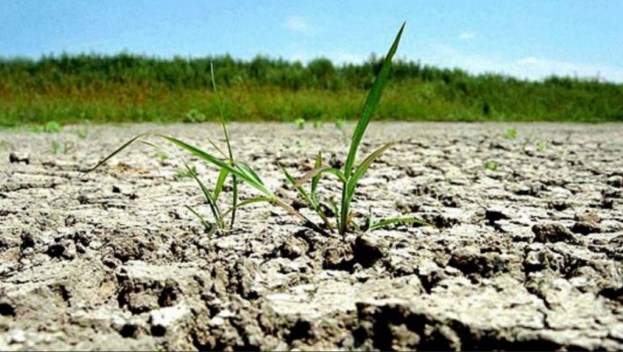
The issue of climate change is extremely important in light of the major influences that these phenomena generate, and the Republic of Moldova is no exception. According to the latest forecasts, the higher than average temperature and the lack of rainfall in May will reduce the 2018 crop by more than 10%. The journalist Victor Ursu explained in the show "15 minutes of economic realism".
At present, Moldovan agriculture faces serious problems related to the climate changes taking place in order to extend the aridization of large agricultural areas. Thus, the above-average temperatures in the current period and the lack of precipitation will influence the harvest. The Hydrometeorological Service claims that farmers will harvest on average up to 3.1 tons of wheat per hectare compared to 3.1 tons of the previous year's harvest.
"In years of good weather, we have good productions, in the years when we do not have good weather, the productions are down. We come to the same conclusion, if the irrigation system is not restored, we will have this problem cyclically once every few years, "said Victor Ursu.
As a result of the reduction in agricultural production forecast for the current year, we could see a rise in prices. And with smaller crops, farmers are worried they will not be able to recover their investments. At the same time, a lower agricultural output can also affect labor, which accounts for a third of the total occupied population.
At the same time, the limited share of investments in agriculture imposes additional pressure on the long-term competitiveness of the sector. Although the share of agricultural investment in total investment has increased in recent years, this capital increase is not enough to stop the heavy depreciation of agricultural assets. The key measure of investment, which represents the import of agricultural machinery and equipment, has only emerged in recent years, driven by excess revenues generated by rising agricultural product prices and realigning government programs to investment subsidies.
In conclusion, Victor Ursu said that Moldova is currently re-profiling on high-value exports. For agriculture to grow, it is necessary to support the macro-policy environment and the rural investment climate, the consistency of agrarian policies to support the development of private markets, the ownership of market development.
The show is made by IDIS "Viitorul" in partnership with Radio Free Europe.